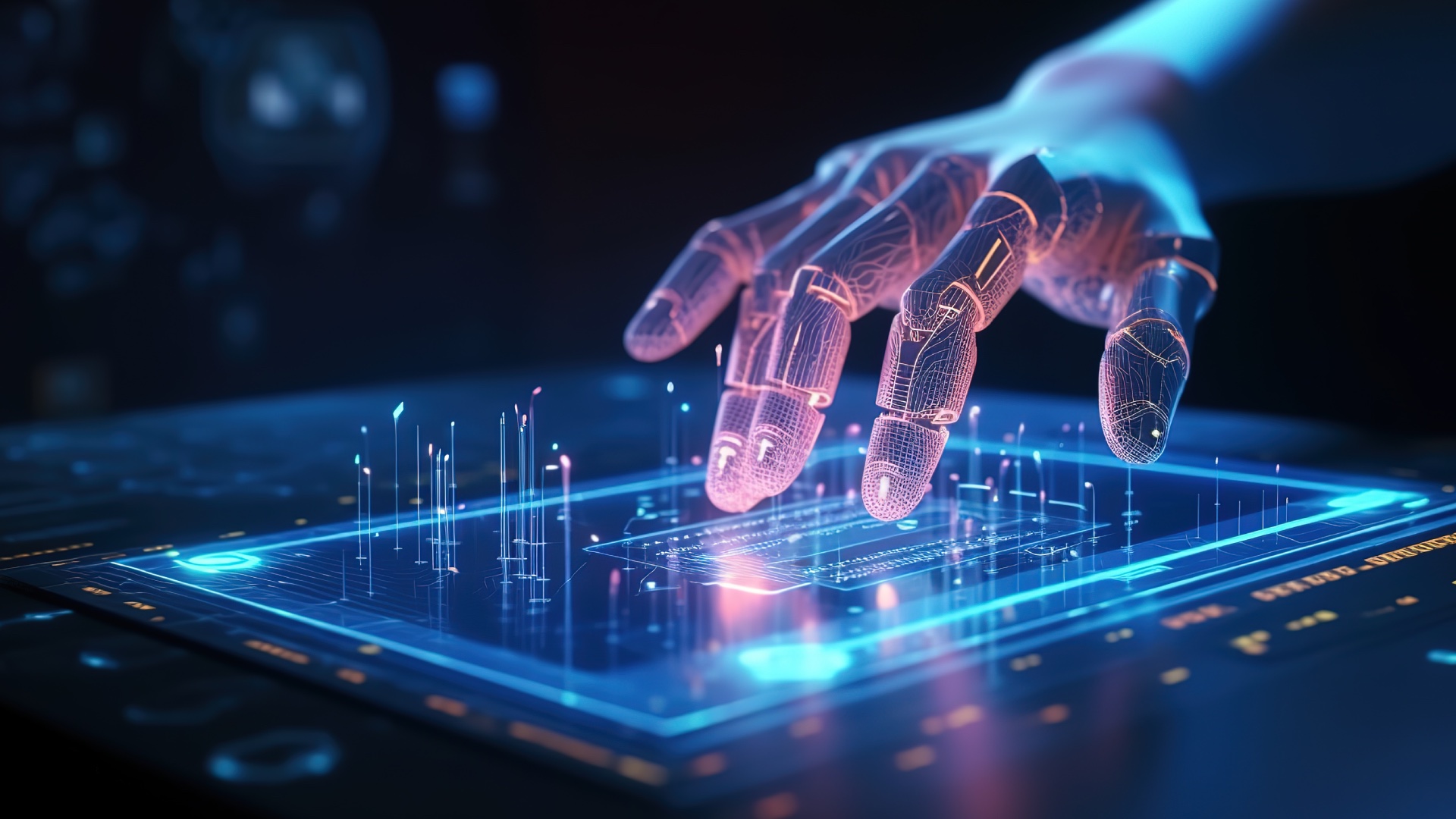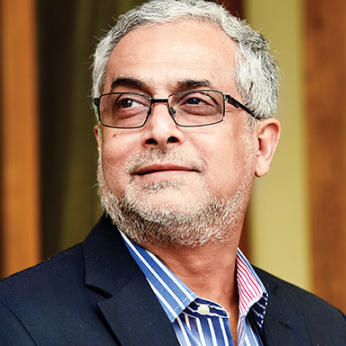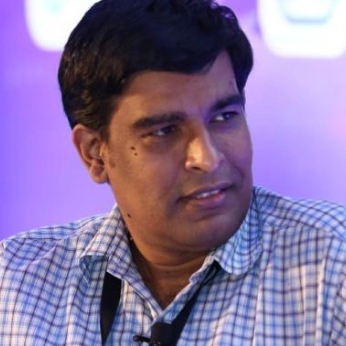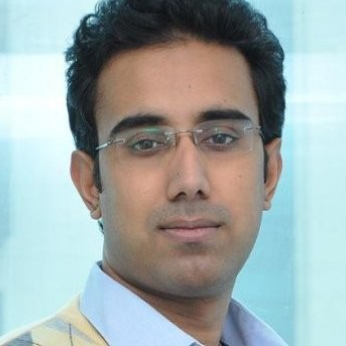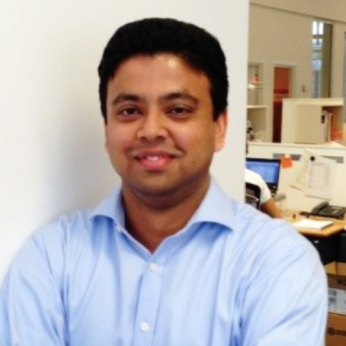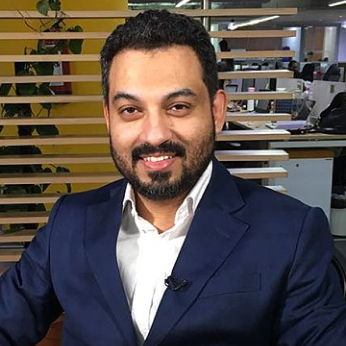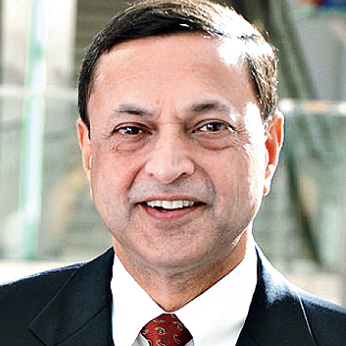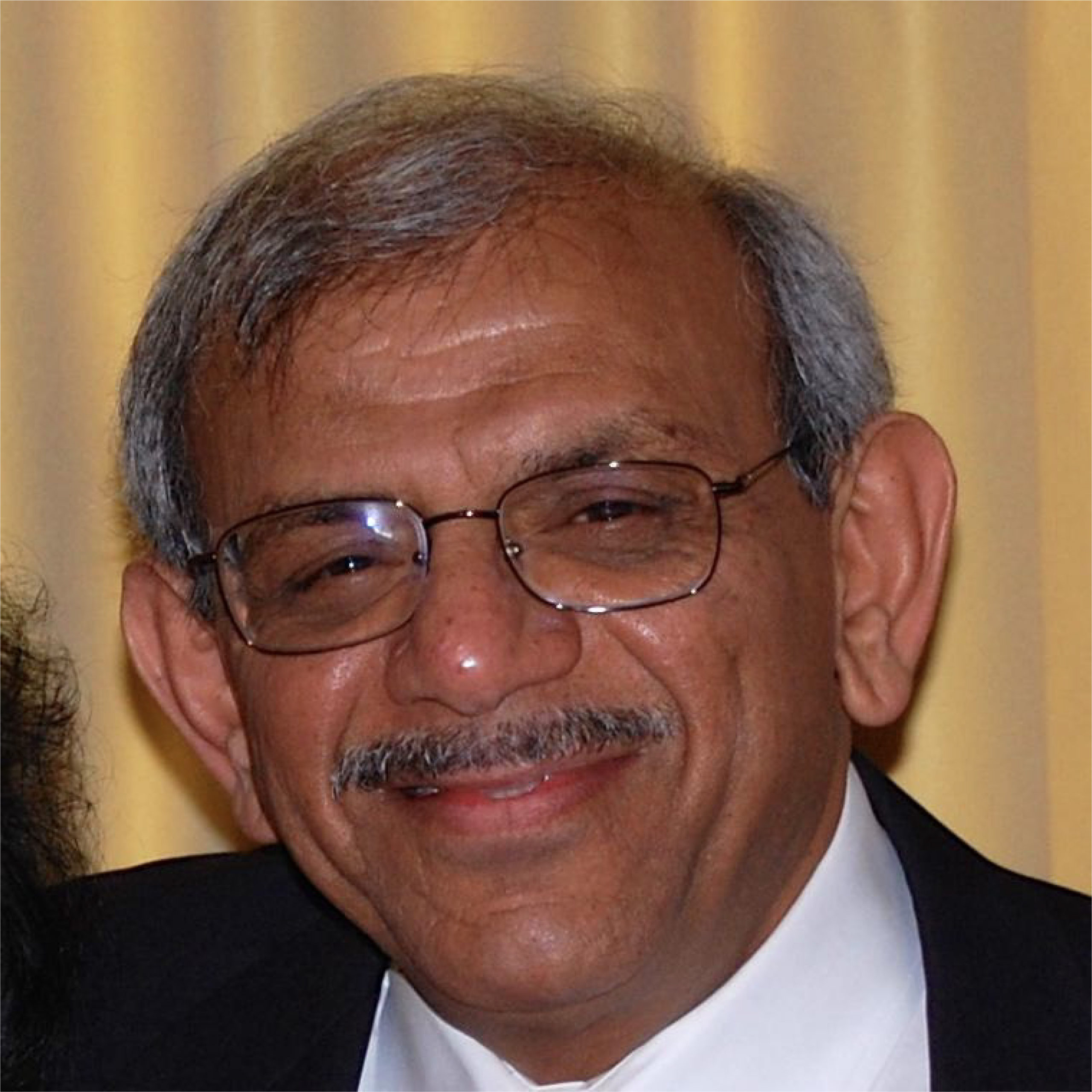With the advent of the modern, futuristic era, the world has embraced innovation and technology in a trice. Yet, what has remarkably captivated our attention in recent times is the advancing potential of Generative Artificial Intelligence (Gen AI).
Our Managing Partner and Positioning Strategy Expert, Saurabh Uboweja connected with Sidharth Balakrishna, Senior Partner and Diversification and New Initiatives Expert to learn how Gen AI will affect the way we work and how leaders can utilise it to achieve organisational goals and excellence.
Here’s an excerpt from their chat.
Starting things off, would you share your thoughts on Gen AI? Do you think it marks an important shift in how we now approach technology?
Of course! Before the emergence of generative AI, the ability to create new things – be it a business presentation, or a creative write-up, or a software code – was perceived as an exclusive human skill. However, now, the extraordinary inception of AI has enabled anyone with a computer to witness AI systems respond to prompts with fresh ideas in a matter of seconds.
How do you envision its influence on work or the professional arena in the upcoming years?
I know it may sound overwhelming, but, as time unfolds, its potential will grow more evident. In fact, it has already started to. Instead of entirely replacing humans, Gen AI promises to augment human capabilities and the future of work. It’s a revolutionary force that would slowly transform our approach toward productivity and operations.
Realising its power to unlock creativity and thinking, organisations have already begun incorporating various AI tools into their workflows.
When it comes to your professional experience, how would you say these ‘intelligent machines’ are contributing (or can contribute) to higher productivity at work?
Yes, we are in the midst of what is called ‘Industry 4.0’. Each previous Industrial Revolution has led to a sea change in productivity in the past, and this one is going to be no different.
Through the automation of recurring tasks, and using Gen AI to generate many options (say for text, designs, mock-ups, scenarios etc) employees can concentrate more on strategic elements of their responsibilities, leading to higher efficiency. This reclaimed energy can be channelled into generating innovative ideas and problem-solving. It’s crucial to remember that humans will be compensated for their innovative thinking and problem-solving abilities, not for functioning like robotic entities.
Incorporating AI into workflows can certainly be challenging for organisational leaders. Do you think ‘ethical norms’ play a crucial role here?
Indeed! We stand at the vanguard of a groundbreaking age, tasked with leveraging organisational performance through the responsible deployment of Generative AI.
Leaders must clearly define and communicate ethical standards, especially regarding privacy when employing the utilisation of AI at work.
There is also the issue of protecting organisational data- for example, confidential company data should not ideally be loaded into Generative AI algorithms as it then becomes part of its training corpus- so guidelines as to how AI can be used by organisations have to take care of this as well.
How can we, as leaders, make the most out of AI technology in the organisation?
We need to optimise collaboration with artificial creativity. Leaders must take the initiative to equip their workforce with essential skills and training. This will strengthen their employees’ grasp of technology, enabling them to leverage it through their respective roles.
Coming back to the point around being paid to think and be innovative; including to solve problems: there are also new frontiers to be explored; for example, design options can be prototyped and tested rapidly when combined with 3D printing- thus opening new possibilities.
These advancing technologies can also seem intimidating at times, often appearing like a threat. Do you feel artificial creativity can completely replace us one day?
I think it’s important to foster mindsets that embrace close collaboration. Integrating technology with human expertise or human creativity will result in enhancing one’s capabilities rather than replacing them. This would certainly bring more efficiency and favourable outcomes.
Going forward, there might well be the ‘premiumisation’ of creatives generated by humans- what is ‘handcrafted’ so to speak; the same way as work produced by human artisans (hand woven, hand stitched etc) is at a premium to machine-made and mass-produced products.
What according to you is the key to sustain in this rapidly changing ‘digital era’?
Organisations have to develop a ‘strategy for the digital age’. I also deliver courses around this topic to corporates and at a couple of IIMs to executive batches.
It involves understanding new business models and opportunities that have presented themselves; one being the so-called ‘platform business model’. I am delivering sessions to a major Indian conglomerate around this, for example.
In general, companies must not only keep themselves prepared to modify their company’s operational approaches accordingly but also train their employees to effectively adapt to change. So, improving adaptability is one of the key factors.
